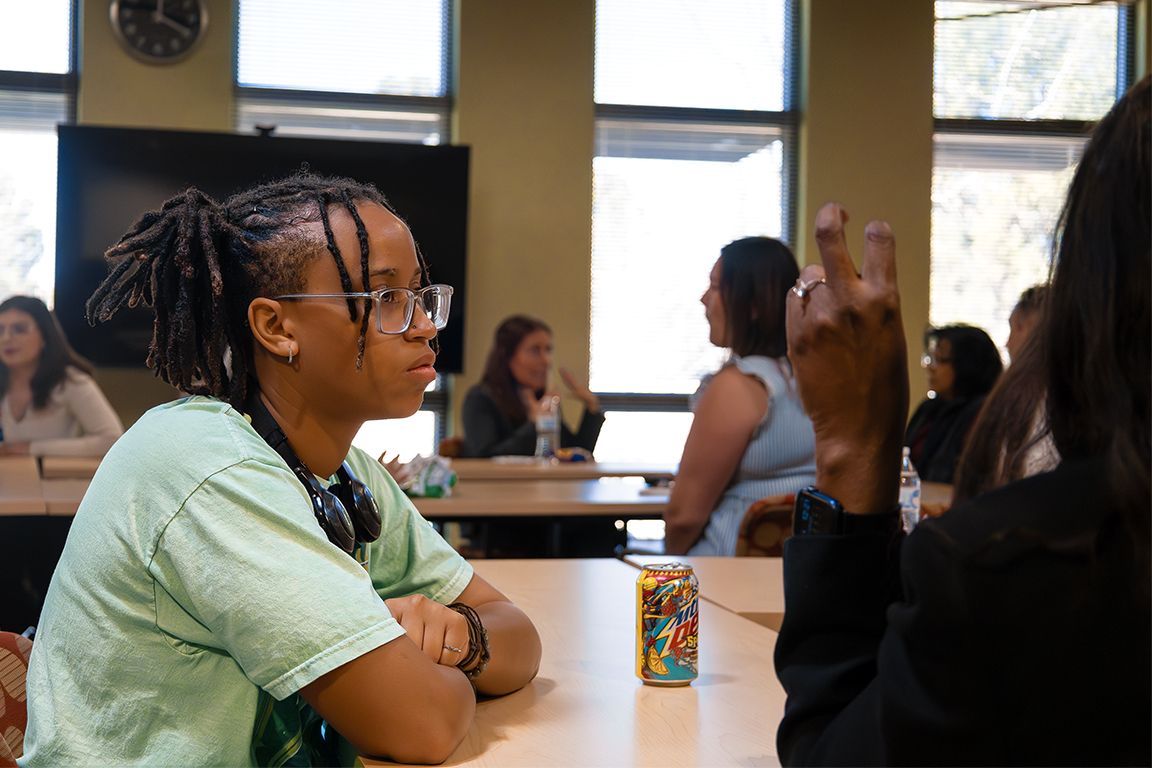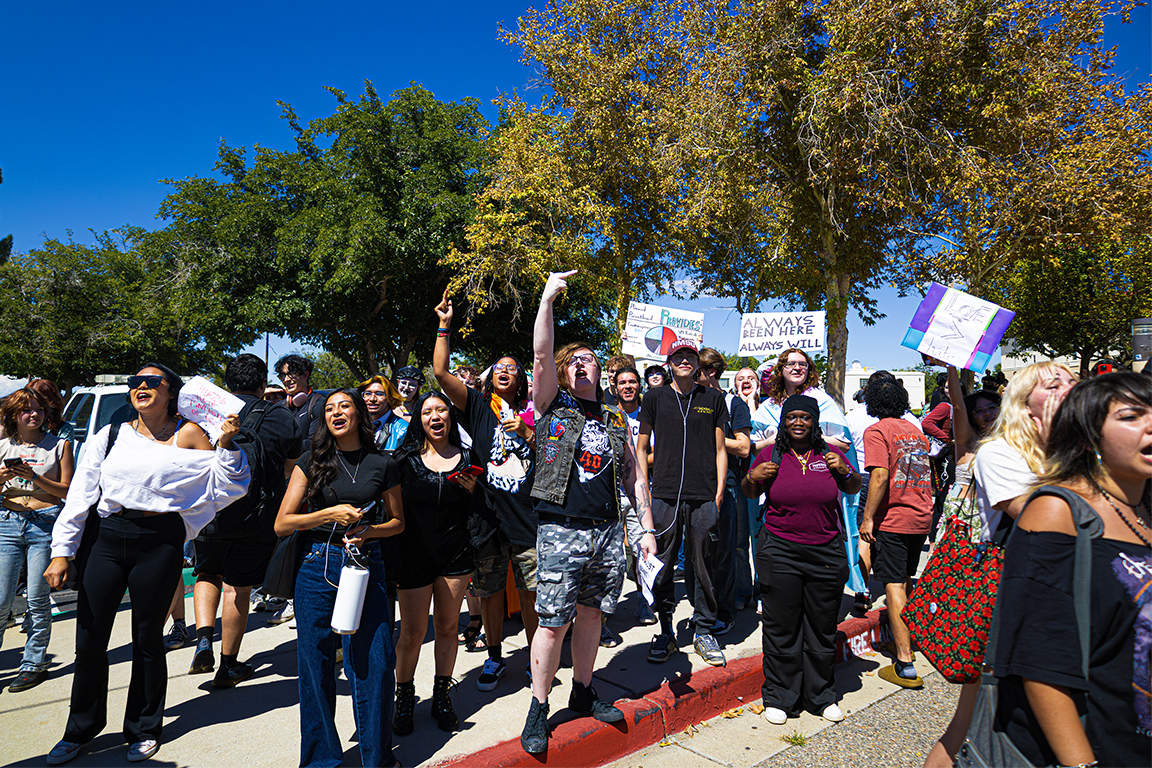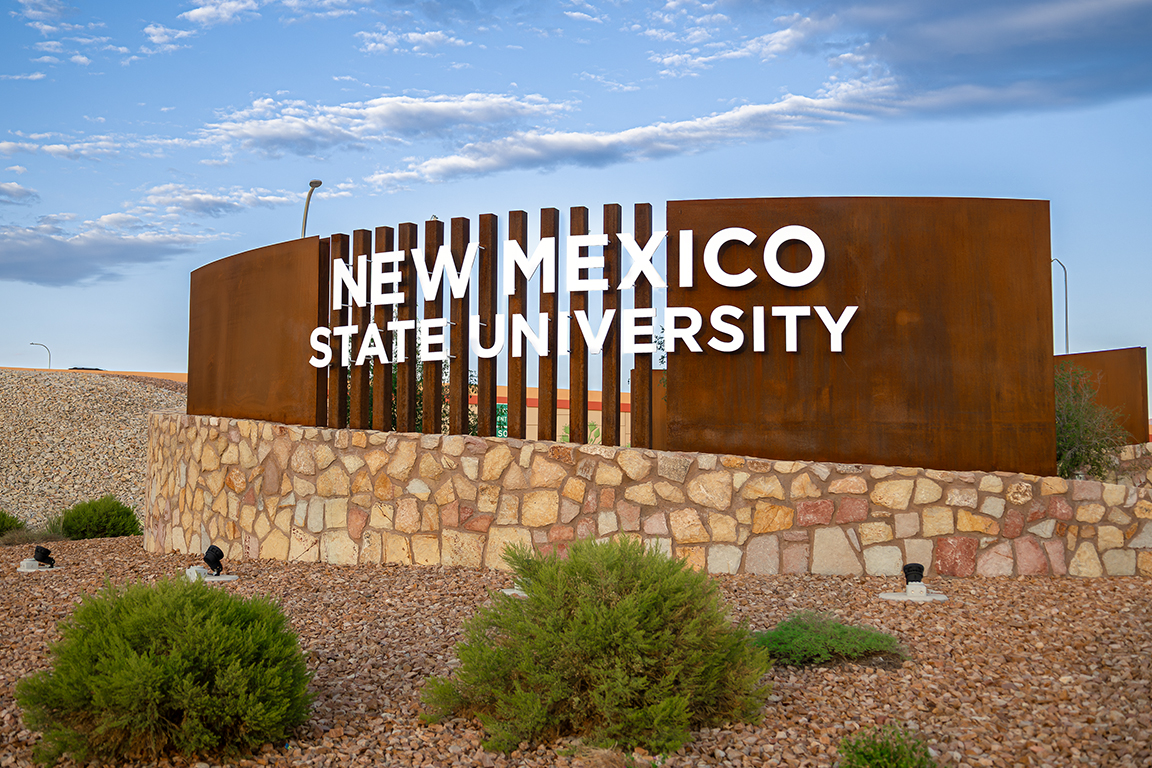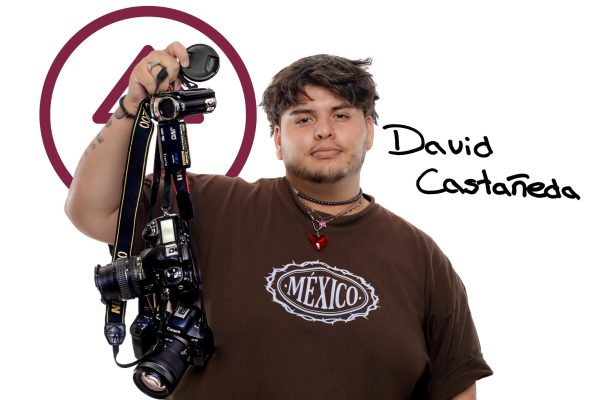New Mexico State University’s Black Programs, American Indian Program, and the Doña Ana County NAACP kicked off Black History Month with a Social Advocacy Luncheon on Feb. 5. Students were encouraged to meet and network with legal professionals to gain a better understanding of what they do.
“One of the things that my counterpart within the AIP wanted to really build upon is to show what are those frameworks and lenses of social advocacy,” said Cecil Rose, Director of NMSU’s Black Programs. “We have a lot of legal talent, as well as those who are involved in the community here. What we want to do is be able to do, what I talk about is building capacity for students to be able to be more global citizens.”
Legal professionals from the Las Cruces community came to have one-on-ones with students about social advocacy and how they can apply it to their majors. One featured guest, Bobbie Green, the president of Doña Ana County’s NAACP, stressed the importance of social advocacy and diversity in the courtroom.
“We have a shortage of lawyers who are people of color,” Green said. “We have a huge need for lawyers who are people of color because they understand better. We can empathize with our own people. So we need lawyers. We need people that can run for office. People of color to run for office. We need all students to be registered to vote, and not just register but vote. Because I’m sitting in on a jury right now, on the police officer who killed a black man, and there are no black people on the jury. So the pool of jurors needs to expand so there can be better representation for especially high profile cases like this one, it’s critical.”

She indicated that she wanted students to know one of the best things someone can do for social advocacy is to be involved and engaged.
Some of the featured guests, despite being legal professionals themselves, have had poor experiences with the legal system. Jannette Mondragon, an attorney at law, has experienced the apathy people can be met with in court.
Two years ago, Mondragon was hit by a drunk driver, leaving her with injuries that held life-long impacts. Despite the man not even having a driver’s license, the judge was willing to dismiss his ticket. It was only when Mondragon told the judge of her title as an attorney that the judge would hear her out, something most people cannot do.
“I don’t think that anybody should ever feel like that in a courtroom. That they can’t be heard or respected and be treated in the way that I was treated,” Mondragon said. “I don’t want anyone to ever feel like that. That was something that made sure, as a judge, I made sure that it didn’t matter if it took a little bit longer, that they were harder, that everybody was hurt because that’s what we’re there for.”
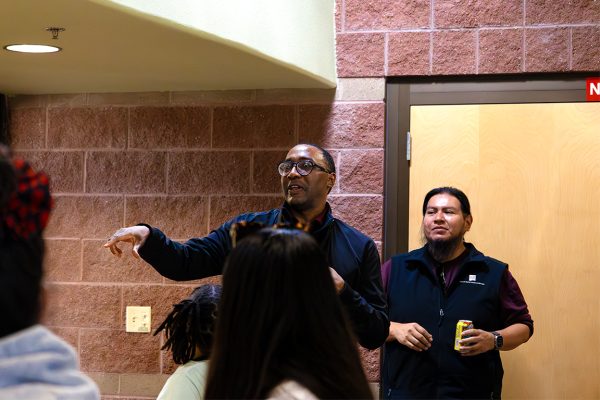
Students across many majors attended the luncheon. Just as the organizers hoped, they found ways they wanted to implement what they have learned into their fields.
Darby Jaramillo, a student in the Teacher Education Program, planned on taking what she had learned and applying it to her fourth-grade classroom.
“We talked about mock trials, and how that’s an important way to get students involved in the jury system and important topics. Then also, bring people into the community so kids can learn about the different jobs; like social workers or judges or prosecutors,” Jaramillo said.
She believed incorporating activities that teach kids about social advocacy can lead to kids in school having a better understanding of community issues and how they can be solved.
“We’re currently talking about how to get our students involved and active in certain social justice issues and topics. We want them to feel passionate about certain topics. This was something we wanted to look into because, since it’s the New Mexico community, we wanted an issue or something that was relevant to the kids in the community,” Jaramillo said.


